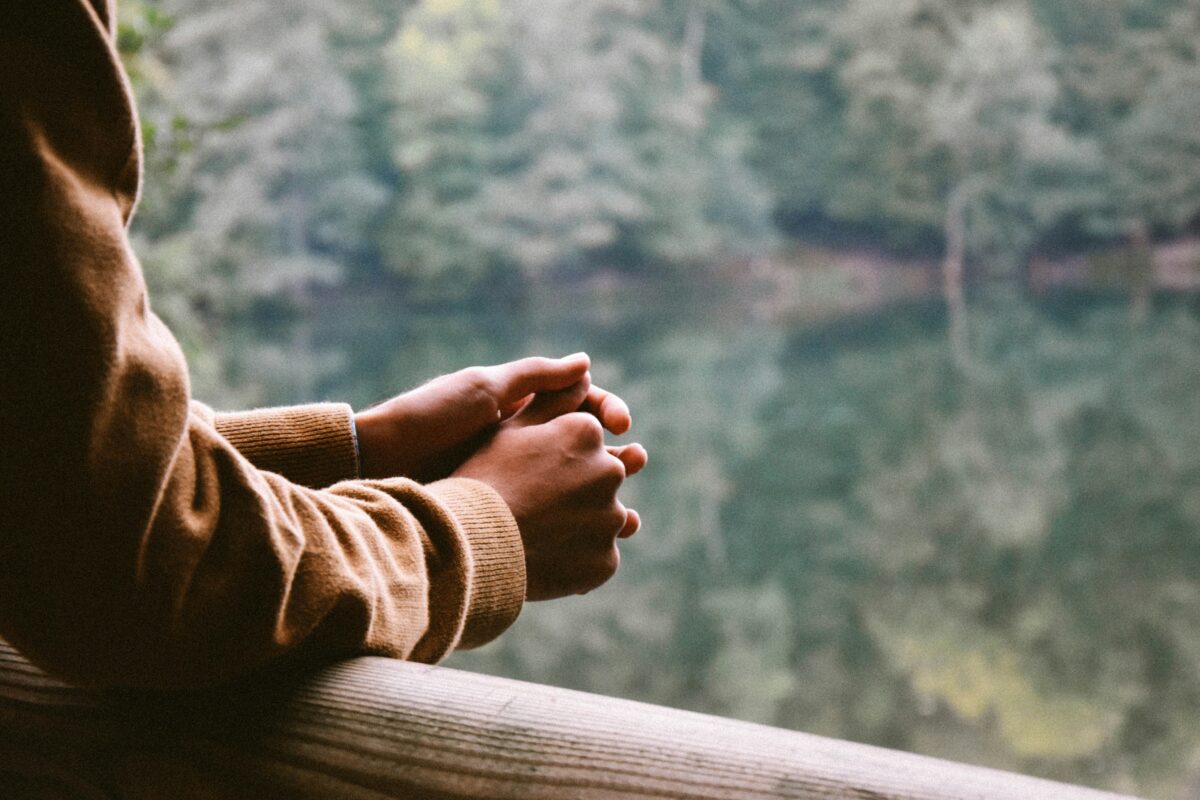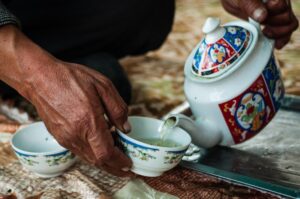Anxiety can feel like a relentless storm in the mind, but a simple, consistent prayer habit offers a surprisingly effective anchor to calm the chaos. This practice, accessible to anyone regardless of faith, creates a daily pause that fosters emotional balance and peace.

Daily anxiety is a widespread challenge, with many searching for straightforward habits that actually work without overwhelming their schedules. One habit that stands out is a brief, intentional prayer practice. Far from being complicated or time-consuming, this habit provides a structured moment to step back, reflect, and reset emotionally.
At its core, a daily prayer habit interrupts the endless loop of anxious thoughts by inviting gratitude, surrender, and connection. It doesn’t require elaborate rituals or specific beliefs—just a few minutes dedicated to focusing inward and upward. Research supports this: a 2016 review in Postgrad Med found that spiritual practices like prayer correlate with lower anxiety levels and improved emotional well-being, highlighting its broad psychological benefits.
If you’re ready to try this, here’s a simple way to start:
- Choose your time: Set aside 5 minutes each morning or evening. Consistency is key, so pick a time you can stick to daily.
- Keep it simple: Use a format that feels natural—this might be reciting a familiar prayer, writing a brief note of thanks, or silently expressing hopes or concerns.
- Focus on gratitude and surrender: Begin by acknowledging what you’re thankful for, then gently release worries or ask for guidance.
- Sit quietly: Allow a moment of silence to absorb the calm and connection you’ve cultivated.
Why does this work? Prayer functions much like mindfulness by centering your attention on the present moment and regulating emotions. Neuroscientific studies show that spiritual practices activate brain areas linked to calmness and emotional control, similar to meditation’s effects. This neurological shift helps break the cycle of anxiety and fosters a hopeful outlook.
From personal experience, I’ve found that integrating a prayer habit into my morning routine—just a few minutes of focused reflection and gratitude—has been a game-changer. It grounds me before the day’s chaos and helps me manage stress without spiraling. This habit, combined with regular physical activity and focused work bursts, creates a foundation of resilience that’s practical and sustainable.
In summary, a simple prayer habit is more than a spiritual exercise; it’s a practical tool for emotional regulation and anxiety reduction. By dedicating a few minutes daily to gratitude, reflection, and surrender, you create a reliable refuge from stress. This habit is accessible, adaptable, and backed by research—making it a powerful addition to anyone’s toolkit for managing daily anxiety. For those seeking a grounded, effective way to find calm, this practice offers a clear path forward.





